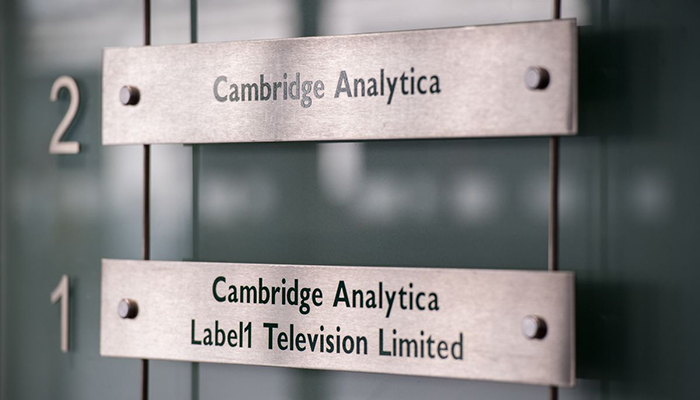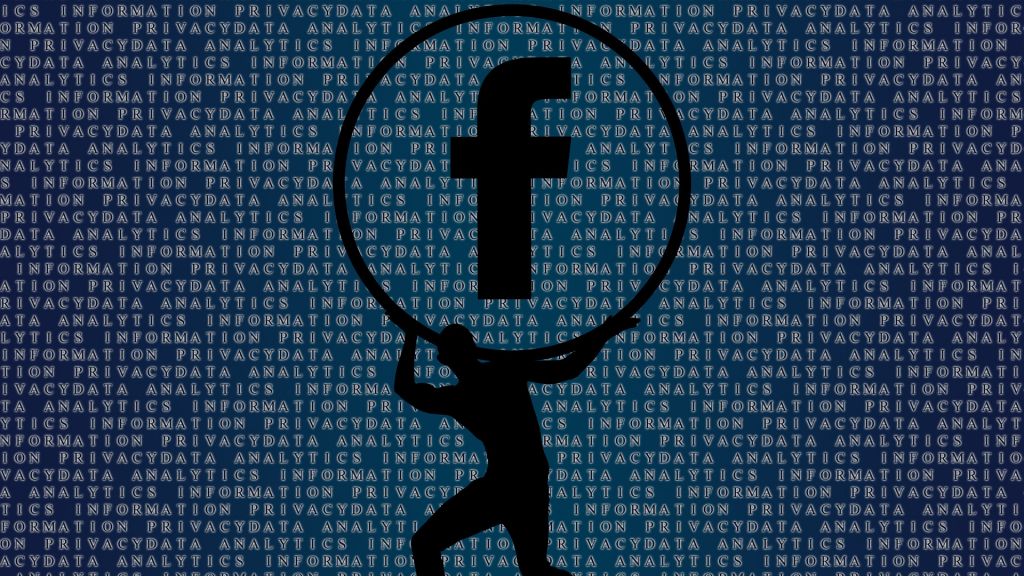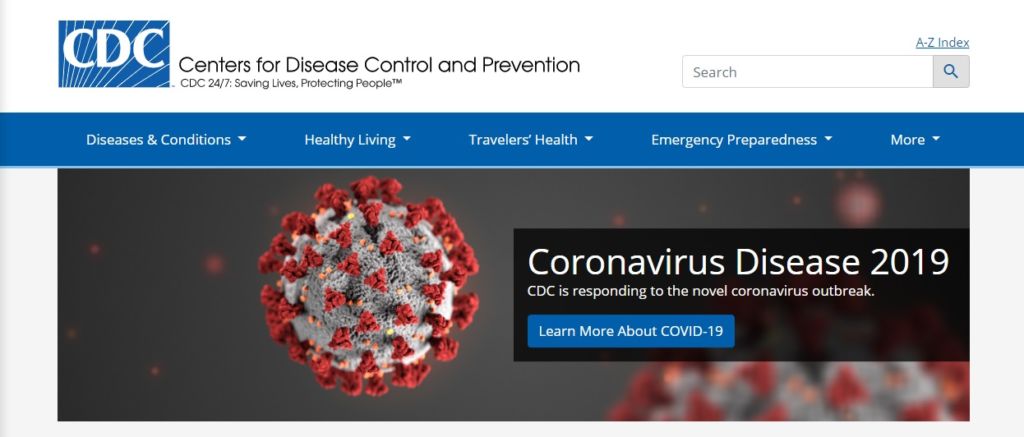Why Social Media Is Extra Dangerous During a Pandemic
We've written about the general reasons why social media is bad for you before. Still, now as we face the most massive health crisis in living memory, social media is especially dangerous. Lethally so. Why? Here are some of the core reasons social media can be a killer during a pandemic.
Social Media Creates Echo Chambers
Social media systems are designed to let people socialize online as they wish. For example, on platforms like Twitter, you can choose who to follow and block or mute people you don't like. It naturally creates a situation where you tend to only hear from other people who already agree with you, who have the same style of thinking. Which means they are unlikely to challenge ideas or information in a way different from your own. We've seen this happen in the political sphere, and regarding health-specific issues such as vaccination.
The problem with this is that information from outside the echo chamber is distrusted. At the same time, information originating from within it is uncritically accepted.
Not Enough Critical Thinking
Critical thinking is an essential skill on the internet. None of us can be experts in every field. So we must rely on others for facts. Despite this, some universal approaches can help you separate truth from fiction. Sadly, learning critical thinking skills isn't something that can happen overnight. This means that the best thing to do is to rely on information provided by trusted authorities. Especially if multiple trusted health organizations provide the same information. Under normal circumstances, simply believing what the authorities tell you isn't always the best way to go about things. Under these extraordinary circumstances, we can tone done the skepticism towards official health institutions. Still, whenever you're presented with information, ask yourself a few basic questions:
- Where does this information come from?
- Has this information been independently verified?
- Does it stand up to scientific or logical scrutiny?
There are plenty of people who are using the pandemic either as a chance to scam people or simply to sow chaos and discord. Before you share something or accept it as true, just think critically about it for a few minutes. Check out this free Oxford course on critical thinking if you'd like to sharpen those skills.
It's an Active Disinformation Platform
There is now plenty of evidence that great political powers use platforms like Facebook to spread disinformation. Whether its Twitter, Facebook, or Instagram, there are ways to exploit the algorithms that drive these platforms so that they result in influencing people.
The biggest problem is that such concerted disinformation is usually discovered months or years after the fact, only after the damage has already been done. Knowing this, we should all be cautious about how we deal with the information we get through social media.
Dealing With Social Media in This Pandemic
The bottom line in all of this is you need to be very aware that you are not dealing with a trusted source. Not when it comes to social media. It's extremely easy for complete nonsense to spread, and (ironically) spread like a virus. People post out of context photos to stir up anger. They sell snake oil remedies to make a buck. Others post senseless conspiracy theories to sow hate, or simply as a joke.
That means you need to enjoy social media responsibly. Don't get your information about serious issues from social media. Stick to memes and the lighthearted stuff. If you see something that's clearly scam or nonsense, report it. Don't let malicious actors expose people to misinformation. Think carefully about what you read before acting on it. It is a very emotional time for us all. However, you should put some distance between your immediate feelings and the actions you take as a result. Then, you'll be more reasonable and less likely to fall for emotive tricks.
Stick to the Basics
When it comes to the pandemic we are currently facing, it's actually pretty simple to stick to the basics. At least when it comes to sorting good information from the bad. Here are some standard guidelines:
- DON'T get your information on what's happening from social media or WhatsApp chain messages.
- DON'T use only a single media outlet. Try to get multiple angles from various independent news services.
- DO use the official sites of organizations like the CDC, WHO, or your local equivalent for medical and scientific advice regarding the virus.
- DO think critically about the information that does not come from a credible source.
This is the worst time for social media to confuse or distract you from what needs to be done. Follow the mainstream medical guidelines, ignore everything else. Remember, it's not just about you. The decisions you make or the misinformation you spread can ultimately hurt other people you've never even met. That's a serious responsibility.




